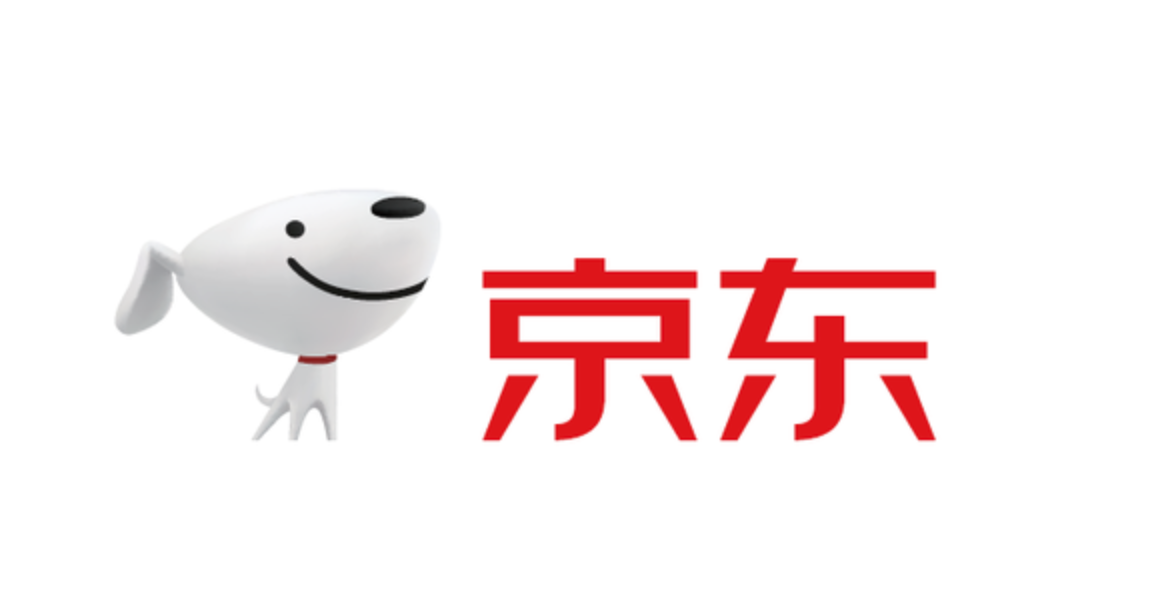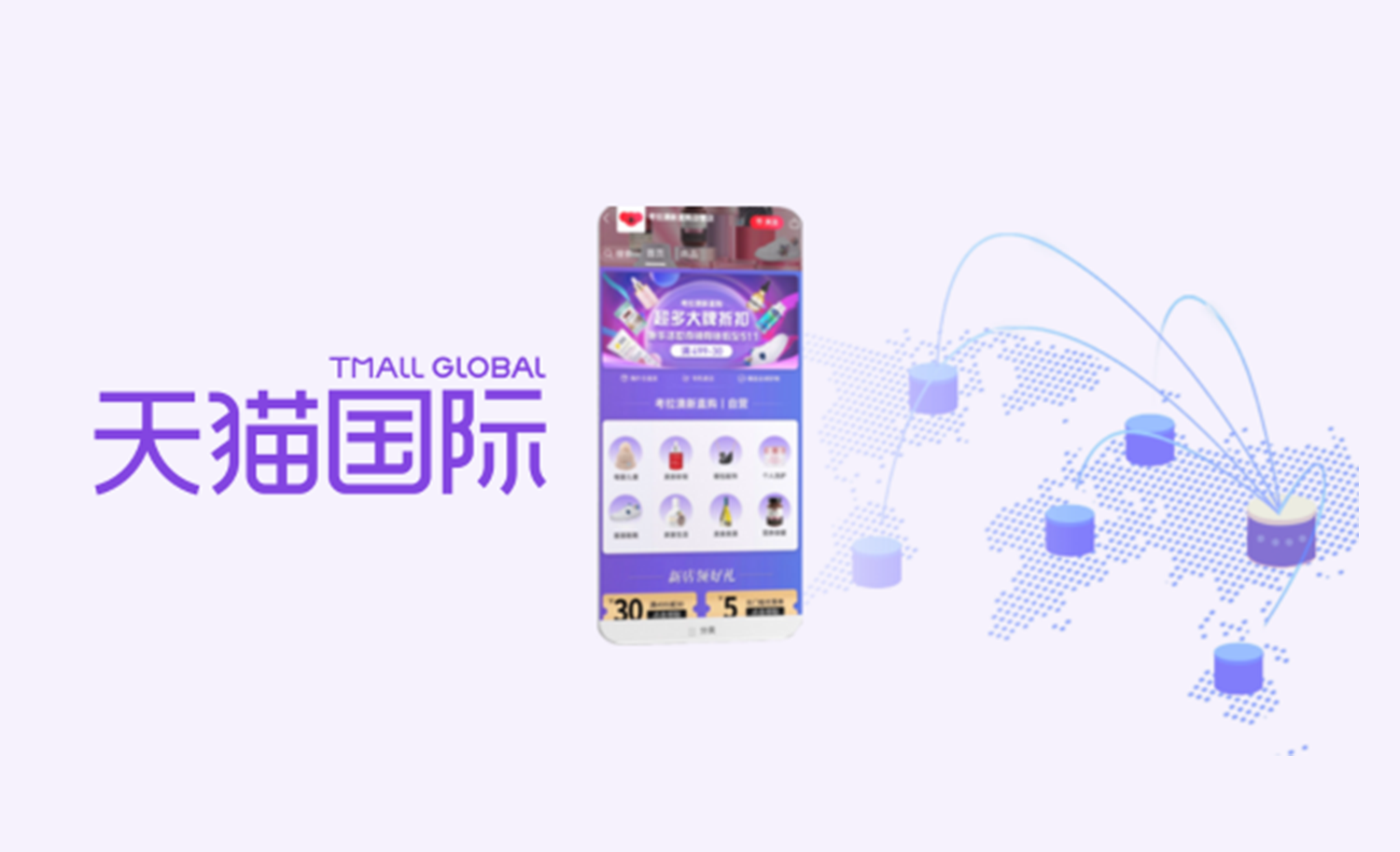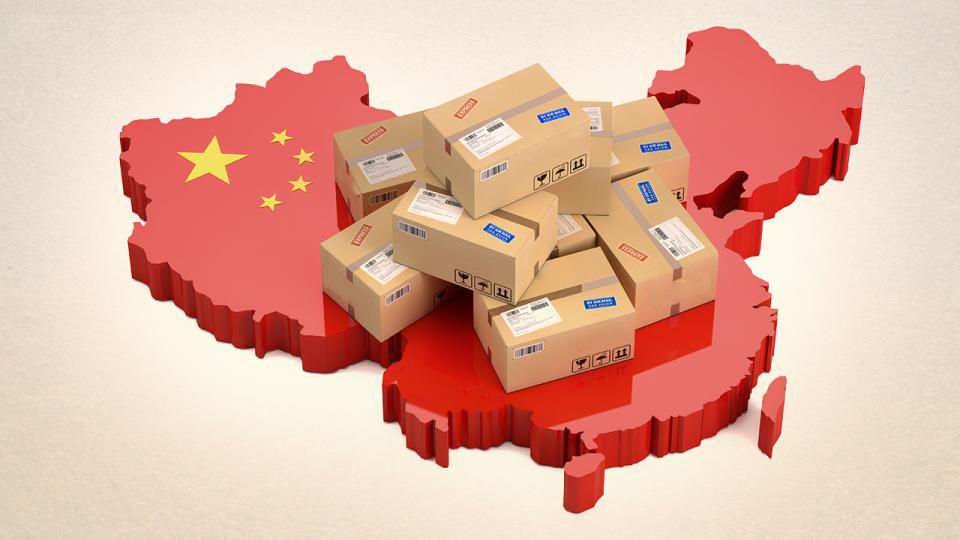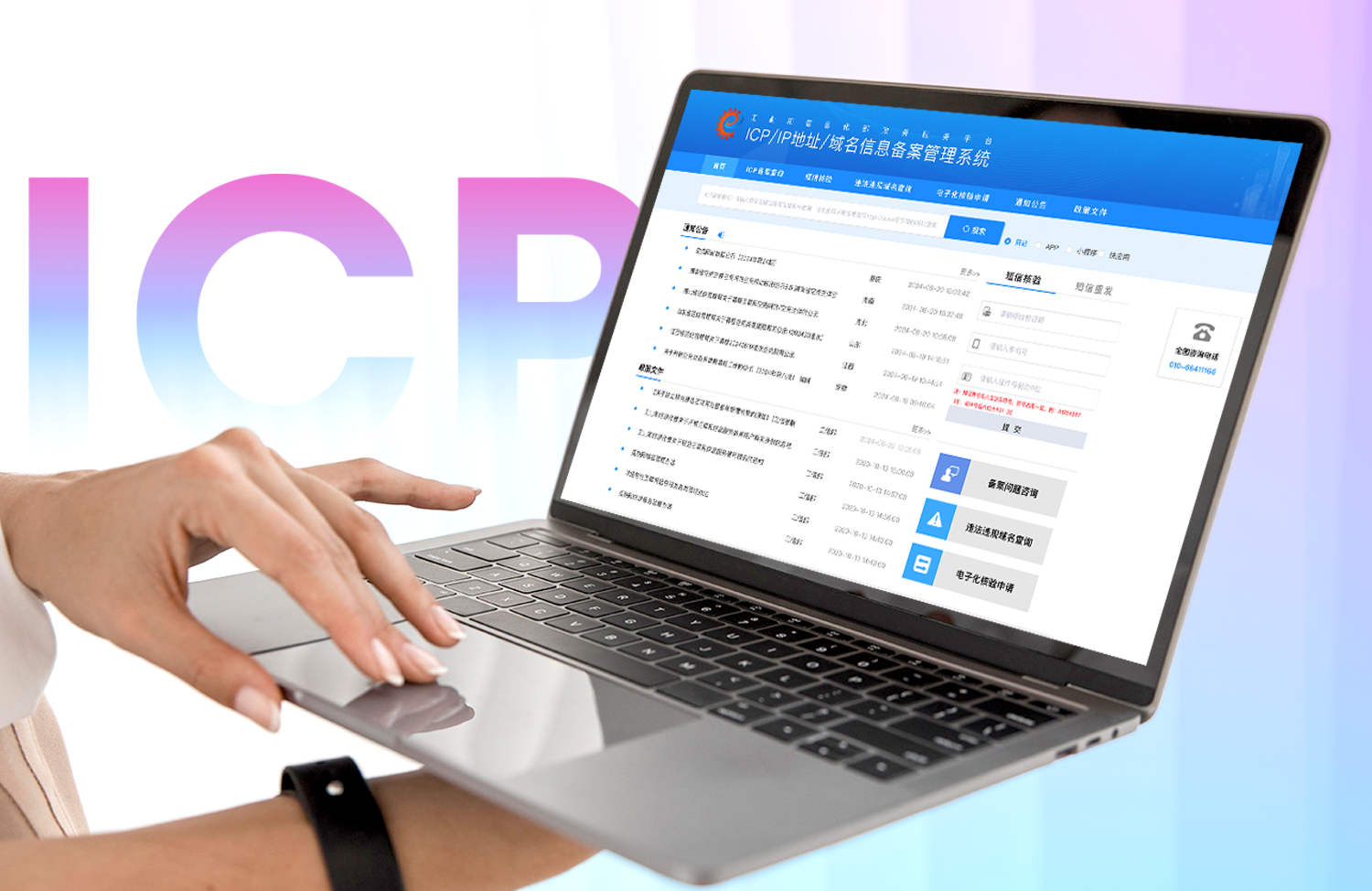Enterprise mobility management (EMM) is the set of people, processes and technology focused on managing the increasing array of mobile devices, wireless networks, and related services to enable broad use of mobile computing in a business context.
Actually, some enterprises would not like to apply mobile commerce because of the user experience, cost, safety and so on. Along with the development of mobile integration, the technology becomes mature a lot. It won't take a long time before it is universal. Here are some new trends for the development of enterprise mobility management.

Devices ownership and privacy
There is no denying that enterprise mobility systems can solve many mobile cases efficiently. But when considering the devices' ownership and privacy, the scope of application is limited. You probably feel that you are monitoring everywhere and anytime. That causes some users to be reluctant to use their mobile devices. In that case, the value of mobility is weakened.
One the other hand, for regular employees, maybe they agree to use their individual mobile devices joining the management systems. But for contractors, they don't like to share everything such as email, documents or some certain applications. Setting different privileges may also cause trouble.
Enterprise mobility will become mainstream
In the early stage of mobile commerce, people only use their mobile devices to send emails or some other basic functions. Now, more and more works can be finished by using them. Sellers and managers do not need to carry their heavy laptops, which are replaced by tablets. Moreover, tablets can also be used in more industries.
Enterprise mobility is also a cost-saving solution. The key to success in mobility is not because of the operation system or devices, but for the applications and data analytics. A professional application must meet the user’s needs.
Application is the key
At present, mobile applications only occupy 8% of the whole app market. Some Windows or Mac applications should also be able to be used in mobile. In order to make full use of mobile commerce, users need to access all kinds of applications in their mobile office, regardless of what system or platform it is.
User experience is paramount
Whether users approve your application or not is an important factor. Technology providers should also consider the UX while developing apps. For example, an email application may not be visible or colorful compared to the desktop. But some essential functions must be included such as meeting invited or scheduled.
Although mobile commerce just appeared a short time ago, its potential has been shown. A complete enterprise mobility solution can remove the limitation for time or region. People can choose how to work flexibly. And "Moving Office" will also probably change our lives.
TMO Group is a technology company located in Shanghai, China. We provide mobile commerce solutions including enterprise mobile app development, Compared Native App and Web App DevelopmentYou find yourself standing in from of a roadsign with "Web ap" and "Native app" on it, here are the upsides and downsides of either way.web app development and mobile optimization. More details please send us an email!












